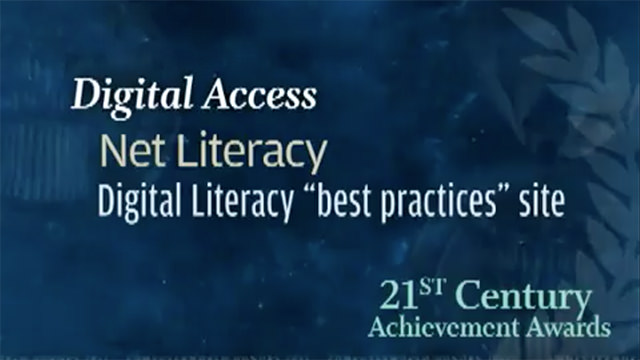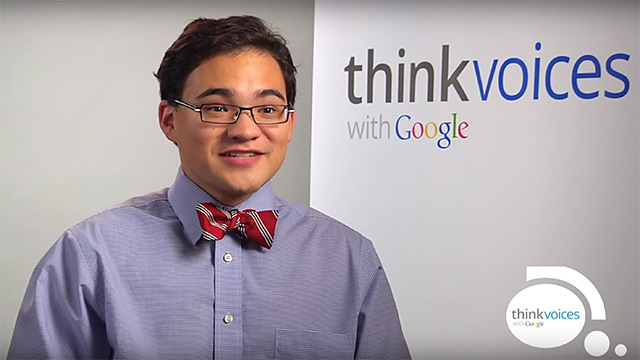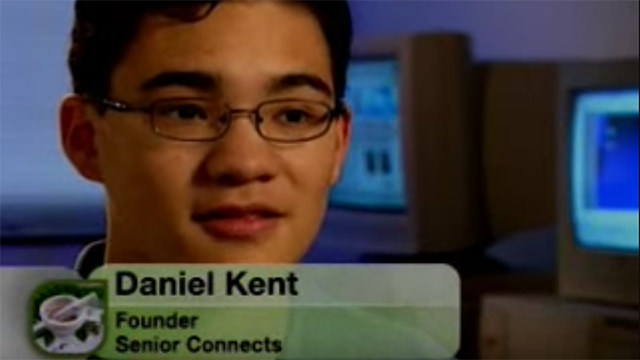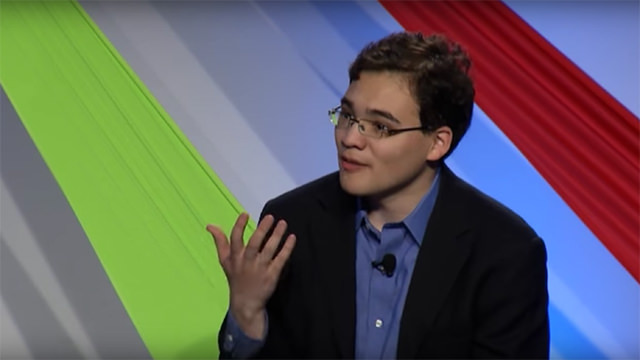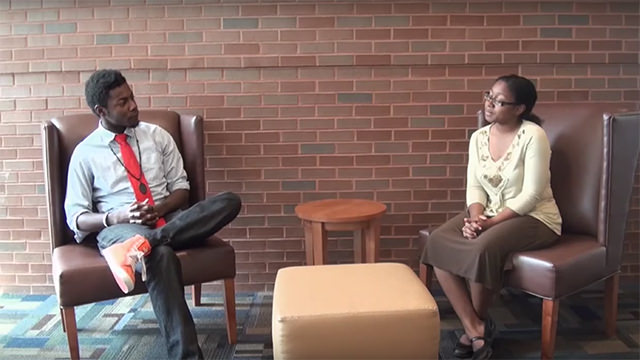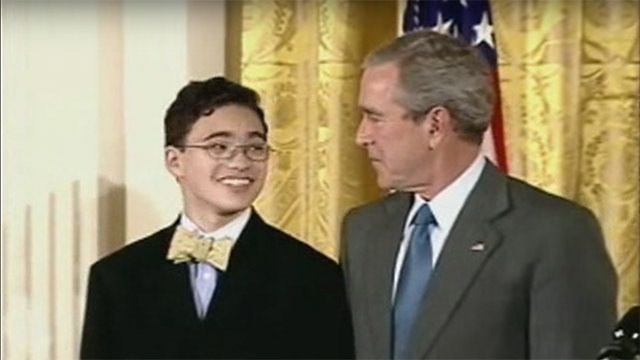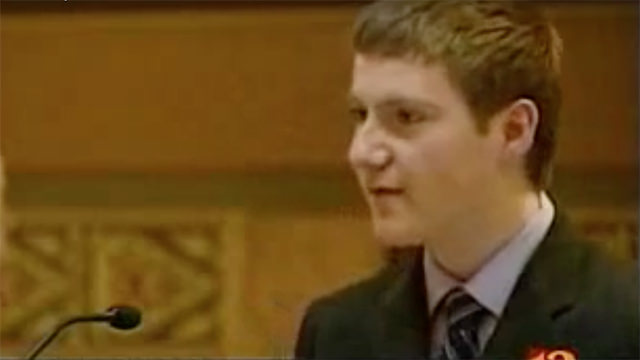Top Net Literacy Whitepapers, Summits, Publications, & FCC Filings
1. Digital Inclusion: Bringing the Rest of America Online With Broadband (2009)
Daniel Kent & David P. McClure, 2009
Introduction and Summary
Though there remain a need for better data regarding the nation’s broadband infrastructure and targeted programs to build out and enhance that infrastructure, the larger and more critical issue is how to spur the adoption of broadband among the one-third of Americans who currently do not or will not utilize it.
…
USIIA and Net Literacy believe it essential that the United States place a high priority for such programs in any National Broadband Plan, and that we begin the process of bringing together those organizations and agencies best able to address the adoption problem at the local level. This paper concludes that such a program is possible through coordinated public-private partnerships, and that it could be accomplished within the framework set forth by the Congress and the Obama Administration.
Kent, D., & McClure, D. P. (2009). Digital Inclusion: Bringing the Rest of America Online With Broadband. Washington, D.C.: US Internet Industry Association http://fjallfoss.fcc.gov/ecfs/document/view?id=6520219736
(alternate link)
2. Reply Comments of Net Literacy Corporation. Washington, D.C.: The Federal Communications Commission (2009)
Daniel Kent, 2009
Introduction and Summary
Net Literacy recommendations include:
- K-12 students on free or assisted lunch programs and without a computer at home should be the National Broadband Plan‟s highest priority.
- A Digital Literacy Corps of student volunteers should be an important component of the National Broadband Plan.
- Executive Order 12999 should be amended to provide K-12 schools a “right of first refusal” for all Federal Government computers deemed surplus.
- Proven digital inclusion and digital literacy programs (such as Senior Connects and Community Connects) be publicized as a high value and low cost good practice model where student volunteers create significant impact.
Kent, D. (2009). Reply Comments of Net Literacy Corporation. Washington, D.C.: The Federal Communications Commission – http://https://ecfsapi.fcc.gov/file/7020350670.pdf
(alternate link)
3. Net Literacy Co-Hosts “A Roadmap to Broadband Adoption” Summit in Washington DC with the USIIA and Broadband for America (June, 2010).
The summit was attended by more than 150 Congressional staffers, digital inclusion nonprofits, and inside-the-beltway executives. Speakers included FCC executives Blair Levin, Brian David, John Horrigan, among twenty other distinguished speakers.
Listen to the introduction of the summit which includes:
- A welcome by USIIA President and CEO David P. McClure and the purpose of the Summit
- A welcome by Net Literacy Founder Daniel Kent and recognition of David McClure, Brian Levin, and John Horrigan as “Net Literacy Heroes,”
- A welcome by the US Telecom Association President and CEO Walter B. McCormick and the importance of broadband adoption.
Note: a DVD of the entire conference can be ordered by emailing [email protected] for a price of $35.00. This will pay for postage and handling and also pay for computers and training to be provided to two families with children on free or assisted lunch programs and without a computer at home.
4. Kent, D. Public Policy Recommendations for Advancing Digital Social Equity in the United States. (December, 2010).
This whitepaper recommends a National Broadband Czar be named, a digital inclusion cost/benefit analysis be conducted to maximize taxpayer ROI, the FCC continue its public outreach strategy, a more intensive review of international digital inclusion, digital literacy, and national broadband plans be conducted, and the National Broadband Plan’s recommendations be prioritized, have an ROI, and a completion timetable. Funding broadband adoption and use as a component of the National Broadband Plan is reviewed using national funding with national, state, and local implications. Finally, two cost hypothetical are estimated to provide readers a range of the costs based upon the stated execution and cost assumptions.
Kent, D. (May, 2011). Bi-College Law Review, Haverford, PA, Public Policy Recommendations for Advancing Digital Social Equity in the United States Advancing Digital Social Equity Through the Application of Innovative Digital Literacy Programs
5. Kent, D. A Discourse on the Discordant State of Collecting Domestic Digital Duties. (July, 2011).
Net Literacy believes that current statutes taxing inter-state e-commerce are facially unconstitutional because they violate the Commerce Clause and Federal legislation. Should the current statues taxing inter-state e-commerce be found to be unconstitutional, taxes on inter-state e-commerce may have to be refunded. Class action suits may be a remedy that states will be required to contend with.
Kent, D. (July 2011). Net Literacy, Indianapolis, IN, A Discourse on the Discordant State of Collecting Domestic Digital Duties
6. Kent, D. US Telecom Research Summit, Washington DC, Broadband’s Increasing Value Proposition. (October, 2011).
Analyzing broadband from the perspective of population groups with low adoption rates, Net Literacy explores research that provides insight how broadband adoption can be increased and the digital divide can be reduced – with a focus on Comcast’s Internet Essential and CenturyLink’s Internet Basic programs. US Telecom Research Summit – Net Literacy PPT Presentation
7. Google’s “Big Tent” co-hosted by Google, Net Literacy and Harvard University’s The Berkman Center (March, 2012)
Google’s Big Tent “Towards an Innovative Web” with Vint Cerf, Urs Gasser, and Dan Kent
8. A Safer Internet Day in Moscow, Russia. Panelist Daniel Kent presents on the Net Literacy’s youth empowered programs with an emphasis on Safe Connects (March, 2012). Daniel’s presentation (translated into Russian) begins 32.00 and ends at 40.00 minutes.
9. Net Literacy presents to the United Nation’s Broadband Commission for Digital Development as one of six international “good practices” in New York City (September 2012)
10. A book that includes a discussion about Net Literacy: Stand Up!: 75 Young Activists Who Rock the World and How You Can, Too! (September 2013)
Book Description: Through their own voices and spirited calls to action, 75 of the world’s most dynamic young activists share their extraordinary stories in this generation-defining collection for students, parents, teachers, volunteers, and community service leaders. Tapping into today’s global youth movement where social entrepreneurship and activism merge at the intersection of business, pop culture, and nonprofit work, these stories showcase young men and women—some of whom started their efforts as early as three years of age—bringing savvy compassion and unstoppable courage to and from locations all over the world, including Africa, Pakistan, India, Peru, Colombia, Afghanistan, and the United States. Whether building freshwater wells in developing nations, fighting discrimination, saving animals, or honoring heroic soldiers, these are the young people on the frontlines, from mountain peaks to rainforests to school gardens and classrooms, changing the world for the better. https://www.amazon.com/Stand-Up-Young-Activists-World/dp/0985060298
11. A book that includes a discussion about Senior Connects: The Power of Children – Ordinary Youth Making Extraordinary Differences published by The Children’s Museum of Indianapolis (
Book description: These extraordinary youth have demonstrated how far compassion, conviction, and courage can take us on behalf of issues important to us. They led the way from the darkness of doing nothing into the light of doing something meaningful and on behalf of others. They did great things that changed lives, boosted spirits, and improved futures for everyone who benefited from their efforts. https://www.amazon.com/Power-Children-Ordinary-Extraordinary-Differences/dp/149692150X

